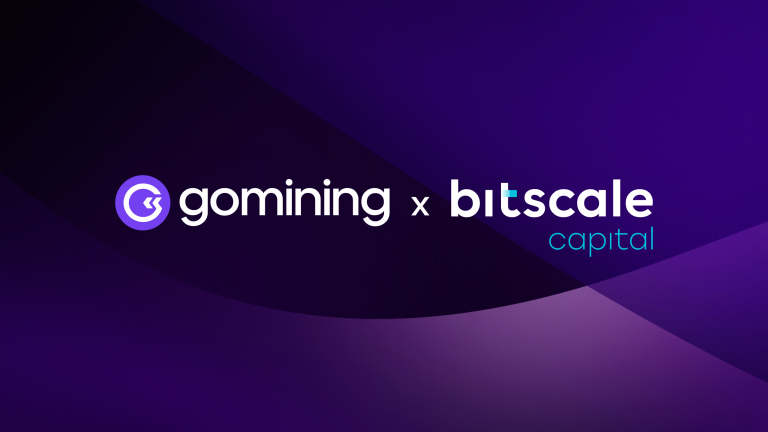
ASIC had previously suspended FTX's license to operate in Australia, now the securities regulator has canceled it entirely.
The Australian financial services regulator has finally canceled the financial license of FTX Australia, the bankrupt crypto exchange's local subsidiary — effective July 14.
On July 19, the Australian Securities and Investments Commission (ASIC) announced the cancellation, before noting that FTX Australia will still be allowed to provide limited financial services while it wraps up its dealings with clients until July 12 next year.
It would still be bound to make arrangements for compensating clients until that time, the regulator said. FTX Australia had around 30,000 retail clients and serviced 132 local companies.
In November 2022, ASIC suspended FTX Australia's Australian Financial Services (AFS) license which allowed it to create derivatives and foreign exchange contracts to local clients.
ASIC has cancelled the Australian financial services licence held by FTX Australia https://t.co/Gsmsg9XcYj
— ASIC Media (@asicmedia) July 19, 2023
The suspension came just days after the Bahamian-based FTX filed for bankruptcy on Nov. 11, 2022.
The same day as FTX's bankruptcy, voluntary administrators from the Sydney-based investment and advisory firm KordaMentha were appointed to assist in restructuring FTX Australia and a subsidiary, FTX Express.
Related: BlockFi CEO ignored risks from FTX and Alameda exposure, contributing to collapse: Court filing
In a report to a United States bankruptcy court last month, the restructuring chief for FTX's global entity said it had recovered around $7 billion in liquid assets but estimated a total of $8.7 billion worth of customer assets were allegedly misappropriated.
It's reported FTX could re-launch as an entirely new exchange, with its restructuring team holding talks with parties potentially interested in financially backing such a reboot.
Asia Express: China expands CBDC’s tentacles, Malaysia is HK’s new crypto rival


